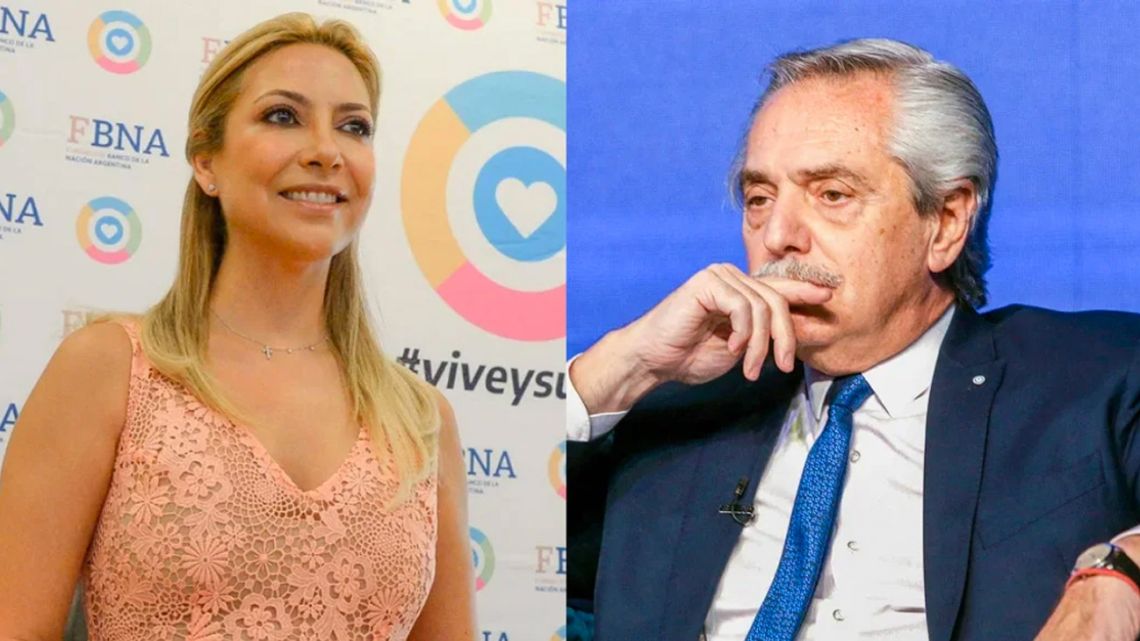(Analysis) President-elect Donald Trump has nominated Florida Senator Marco Rubio as Secretary of State. This move marks a potential shift in US foreign policy towards Latin America.
Rubio, a Cuban-American, is known for his hardline stance against dictatorships in the region. Rubio has consistently criticized the regimes in Venezuela, Cuba, and Nicaragua.
He views these countries as threats to regional stability and US interests. The senator has also expressed concern about China’s growing influence in Latin America.
If confirmed, Rubio would be the first Latino to serve as America’s top diplomat. His appointment suggests Latin America may become a higher priority in US foreign policy. This could mean a more interventionist approach in the region.
Rubio’s views on key Latin American issues are well-documented. He has called for tougher measures against Venezuela’s Maduro regime. The senator supports continued sanctions and has not ruled out military intervention.
 Rubio’s Appointment Signals Shift in U.S. Approach to Latin American Regimes
Rubio’s Appointment Signals Shift in U.S. Approach to Latin American RegimesOn Cuba, Rubio favors a hard line. He opposes the Obama-era policy of engagement with Havana. Instead, he advocates for maintaining economic pressure on the Cuban government.
Regarding Nicaragua, Rubio has condemned the Ortega government’s crackdown on dissent. He has pushed for sanctions against Nicaraguan officials involved in human rights abuses.
Rubio’s Potential Appointment
China’s activities in Latin America are another key concern for Rubio. He has warned about Beijing’s economic and political influence in the region. The senator sees this as a threat to US interests and regional stability.
Rubio’s appointment could lead to closer ties with certain Latin American leaders. He has expressed support for presidents like Javier Milei of Argentina and Nayib Bukele of El Salvador. These leaders share Rubio’s free-market economic views.
However, Rubio may face challenges with left-leaning governments in the region. His hawkish stance could complicate relations with countries like Brazil and Colombia.
The nomination signals Trump’s intent to prioritize Latin America in his foreign policy. It suggests a potential return to a more assertive US role in the region. This approach would contrast with the current administration’s less interventionist stance.
Rubio’s nomination must still be confirmed by the Senate. Given the Republican majority, this process is likely to be smooth. However, some debate over his foreign policy views is expected.
The impact of Rubio’s potential appointment extends beyond Latin America. His hawkish positions on China and Iran align with Trump’s broader foreign policy goals. This could lead to a more confrontational US stance globally.
Rubio’s nomination represents a significant shift in US foreign policy personnel. It reflects Trump’s focus on immigration and regional security issues. The move also appeals to Latino voters, a key demographic in US elections.
As the confirmation process unfolds, observers will watch for more details on Rubio’s policy plans. His approach to Latin America could reshape US relations with the region for years to come.

 By The Rio Times | Created at 2024-11-14 18:28:49 | Updated at 2024-11-22 09:41:07
1 week ago
By The Rio Times | Created at 2024-11-14 18:28:49 | Updated at 2024-11-22 09:41:07
1 week ago








